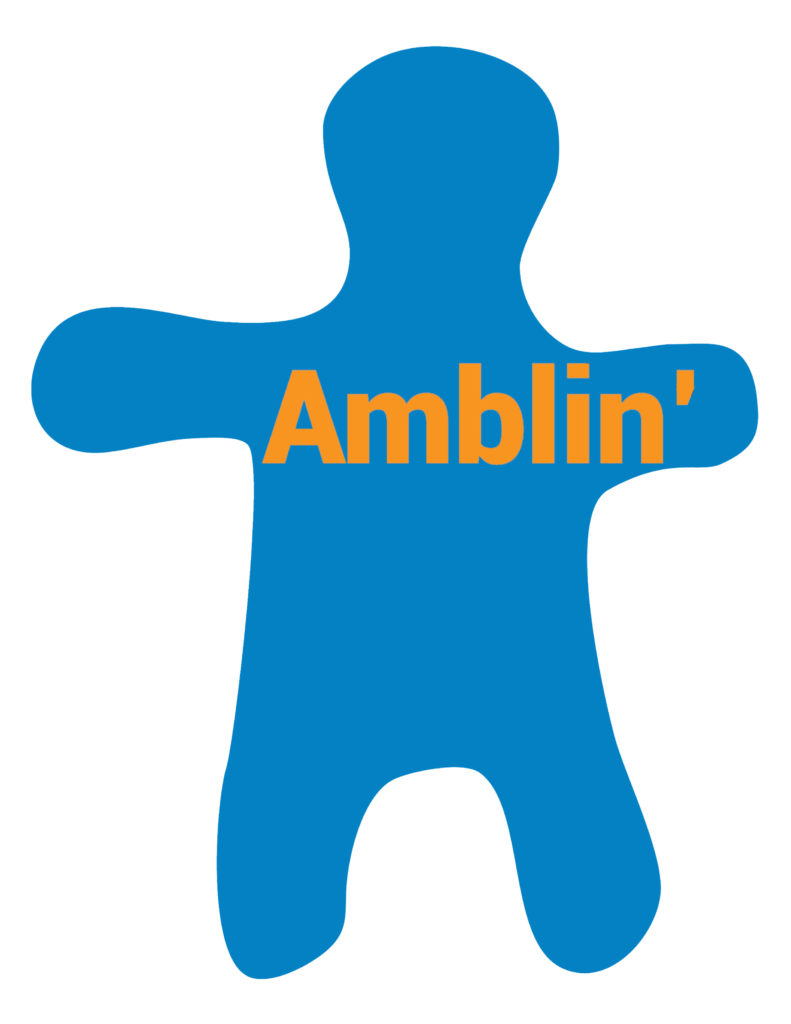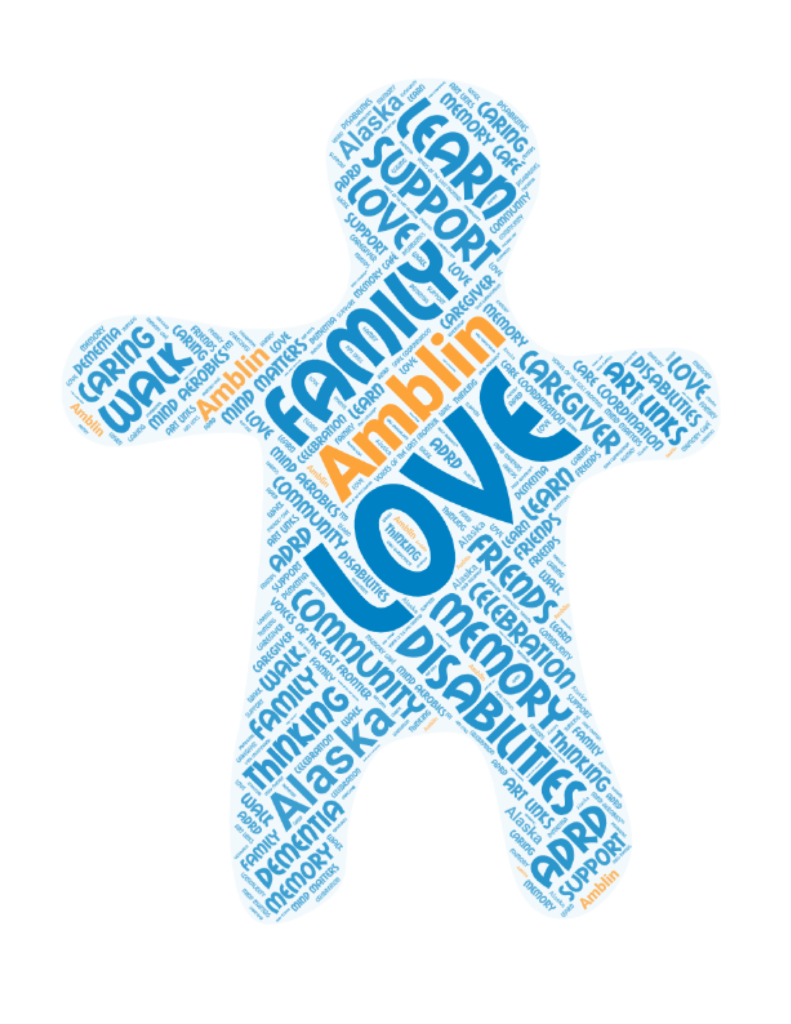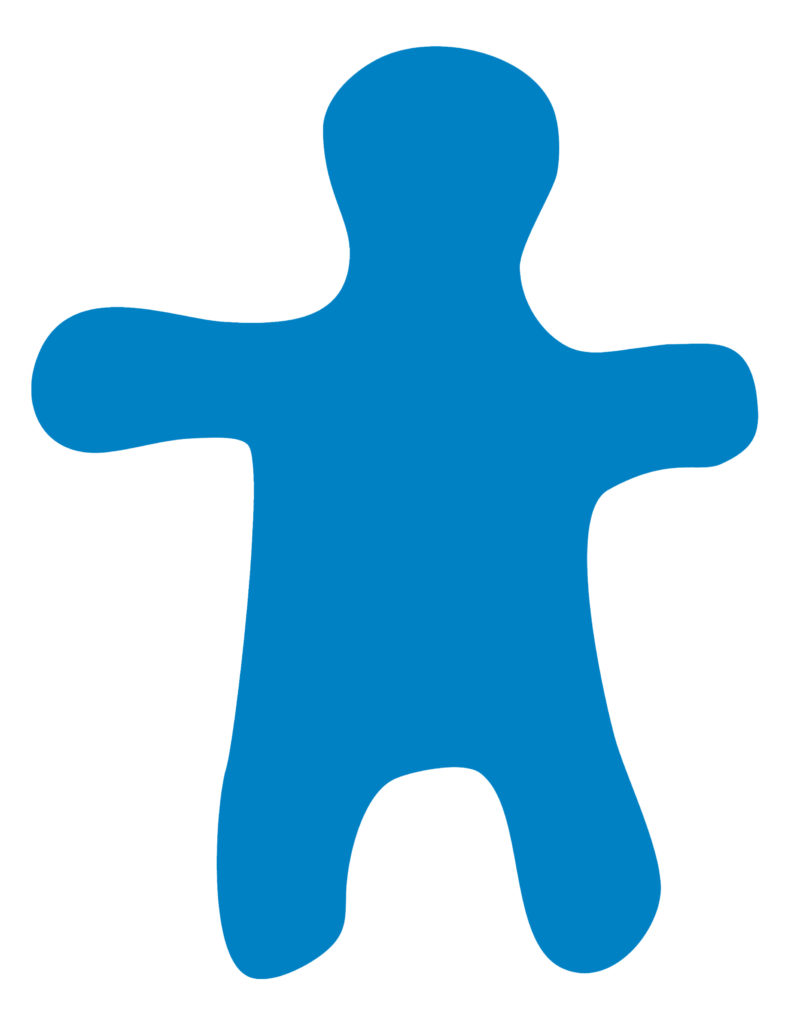Treatment for Common Conditions and Symptoms for People with Dementia
We’ve listed treatments for common conditions and symptoms for people living with Dementia.
While medications can be very helpful, some medications can cause new problems and should be avoided.
For each symptom listed below we’ve broken down non-drug strategies to consider, common drugs to avoid and why, as well as safer medications to consider.
Anxiety Incontinence Insomnia Depression Pain Hallucinations Delusions Severe Agitation Aggression
Anxiety
Common medications for anxiety include diazepam (Valium®) and other drugs in this class called benzodiazepines. Unfortunately, in older adults, these medications often cause more confusion, excessive sedation or drowsiness, and increase the risk of falls.
The table below describes common drugs to avoid, safer non-drug strategies and alternate medications to consider.
| Common Drugs to Avoid |
Most medical providers recommend avoiding Benzodiazepine antianxiety drugs such as diazepam (Valium®); lorazepam (Ativan®); alprazolam (Xanax®); clonazepam (Klonopin®); temazepam (Restoril®); chlordiazepoxide (Librium®) and anticholinergic medications such as hydroxyzine (Atarax®).
- If these medications must be used, most medical providers recommend they should be used at the lowest effective dose for the shortest duration to minimize adverse effects.
| Why |
These medications can cause confusion and increase your risk of falls. Because it takes your body a long time to clear these drugs, these effects can carry into the day after you take the medication or accumulate over time.
- When used in combination with alcohol and other sedating drugs, the effects can be very powerful and lead to excessive sedation, drowsiness and dizziness.
| Non-Drug Strategies |
- Consider relaxation techniques, deep breathing exercises, scheduled activities and strategies to improve communication and interaction to reduce anxiety
- Be sensitive to fears, perceived threats, and frustrations caused by challenges in communicating needs and wants
- Create a calm, safe, quiet environment with comfortable temperature and minimizing noise, glare, and background distractions
- Ensure personal comforts by checking for pain, hunger, thirst, infection, constipation, diarrhea, full bladder, or fatigue
| Safer Medications to Consider |
Certain antidepressants can help with anxiety such as citalopram (Celexa®), escitalopram (Lexapro®), venlafaxine (Effexor®), mirtazapine (Remeron®), or buspirone (Buspar®).
Incontinence
Some of the common drugs used for incontinence can worsen the chemical imbalance that is associated with memory problems and counteract the effects of most memory medications.
Being sure of the cause of the incontinence is important. For example, it could be due to a urinary tract infection, high blood sugar causing frequent urination, diuretic medications or, in men, an enlarged prostate. Identifying and treating underlying causes of incontinence is important to preventing and managing incontinence.
| Common Drugs to Avoid |
Most medical providers recommend avoiding bladder agents that have strong anticholinergic properties such as oxybutynin (Ditropan®), Oxytrol®); tolterodine (Detrol®); fesoterodine (Toviaz®), darifenacin (Enablex®).
| Why |
These medications can cause confusion, constipation, dry mouth, blurred vision, dizziness and increased risk of falls. They counteract the effects of most memory medications.
| Non-Drug Strategies |
- Treat the underlying cause (e.g., possible infection, high blood sugar, constipation, enlarged prostate in men) or certain medications that can cause incontinence (e.g., diuretics)
- Avoid intake of drinks and foods that stimulate the bladder such as caffeinated beverages, chocolate, spicy foods, or citrus fruit.
- Regular, timed trips to the restroom may avoid the bladder becoming too full and having accidents.
- Consider pelvic exercises.
- Use of absorbent products such as adult incontinent supplies
- Surgeries or catheters might also be recommended
| Safer Medications to Consider |
The incontinence medications trospium (Sanctura®), solifenacin (Vesicare®) and mirabegron (Myrbetriq®) are less likely to affect memory and thinking and are also less likely to interfere with memory medications.
Insomnia
Many prescription and nonprescription or over-the-counter medications (e.g., diphenhydramine [Tylenol PM®, Advil PM®, Benadryl®]) can worsen the chemical imbalance common in memory problems and cause significant confusion and a risk of falls.
Some of these medications can also counteract the effects of memory medications. In addition, identifying and treating underlying causes of insomnia or disturbed sleep such as depression, anxiety, high blood sugar leading to frequent urination or use of medications that affect sleep is important to managing insomnia.
| Common Drugs to Avoid |
Most medical providers recommend avoiding Diphenhydramine containing products (e.g., Benadryl®, Tylenol PM®, Advil PM®), sleep medications such as zolpidem (Ambien®), eszopiclone (Lunesta®), zaleplon (Sonata®), hydroxyzine (Atarax®), doxylamine (Unisom®) and benzodiazepine drugs such as temazepam (Restoril®), lorazepam (Ativan®); alprazolam (Xanax®); chlordiazepoxide (Librium®); clonazepam (Klonopin®) and diazepam (Valium®).
| Why |
Diphenhydramine, hydroxyzine and doxepin can cause confusion, constipation, dry mouth, blurred vision, dizziness and increased risk of falls. It counteracts the effects of most memory medications.
The other drugs can worsen memory, thinking, cause excessive sedation, drowsiness and dizziness and increase the risk of falls. When used in combination with alcohol and other sedating drugs, the effects can be very powerful and lead to excessive sedation, drowsiness and dizziness.
| Non-Drug Strategies |
- Treat potential underlying causes of insomnia including depression, anxiety, pain, sleep apnea and other conditions
- Good sleep hygiene includes having a regular sleep/wake cycle with exposure to bright light during the day and a dark, quiet sleeping area at night.
- Be active during the day and avoid daytime naps
- Establish soothing night time routines including warm baths or warm milk
- Avoid stimulating foods or drinks with caffeine late in the day or at bedtime
- Take medications that may cause insomnia or disrupt sleep in the morning instead of later in the day
| Safer Medications to Consider |
Melatonin is a dietary supplement that can help with your sleep/wake cycle when taken at bedtime. Alternative prescription medications include ramelteon (Rozerem®), low dose trazodone (Oleptro®, Desyrel®) or low dose mirtazapine (Remeron®).
Depression
Antidepressants (Paxil, Prozac, Elavil, etc.)
Currently, SSRIs (selective serotonin reuptake inhibitors) may be useful in reducing aggressive impulses, poor impulse control, apathy, and improving mood in people with dementia.
However, some antidepressants such as paroxetine (Paxil®), amitriptyline (Elavil®) and nortriptyline (Pamelor®) are other common antidepressants that may worsen the cholinergic imbalance in the brain and worsen memory, thinking or the effectiveness of memory medications.
Fluoxetine (Prozac®) is sometimes used, but it has many drug interactions and stays in the body for a long time.
| Common Drugs to Avoid |
Most medical providers recommend avoiding Paroxetine (Paxil®), amitriptyline (Elavil®), nortriptyline (Pamelor®, Aventyl®), desipramine (Norpramin®), imipramine (Tofranil®).
| Why |
These antidepressants have anticholinergic properties which can worsen memory or thinking or counteract the effectiveness of memory medications.
In addition, they can cause confusion, constipation, dry mouth, blurred vision, dizziness and increased risk of falls.
| Safer Medications to Consider |
These antidepressants are safer medications to consider. It often requires adjusting the dose or perhaps trying other antidepressants and combinations of antidepressants to find the right medications that work:
Citalopram (Celexa®), escitalopram (Lexapro®), fluoxetine (Prozac®), sertraline (Zoloft® ), vortioxetine (Trintellix®).
Other antidepressants (not SSRIs) that may be useful include bupropion (Wellbutrin®), duloxetine (Cymbalta®), mirtazapine (Remeron®), trazodone (Desyrel®), venlafaxine (Effexor®).
| Non-Drug Strategies |
- Treat potential underlying causes of depression including nutrient or vitamin deficiency, low thyroid function, or certain medications that can cause symptoms of depression.
- Physical activity and good sleep hygiene can help with mood and symptoms.
- Therapy and counseling can help with mood.
Pain
Narcotics and opiates such as codeine, hydrocodone (Vicodin®, Norco®), oxycodone (OxyContin®), morphine (MS Contin®, Roxanol®), fentanyl (Duragesic®) and hydromorphone (Dilaudid®) are often used for pain relief.
Unfortunately, they often can cause confusion and falls in older adults.
Muscle relaxants such as cyclobenzaprine (Flexeril®); carisoprodol (Soma®); methocarbamol (Robaxin®); metaxalone (Skelaxin®) can leave you feeling groggy and confused, increase your risk of falls, cause constipation, dry mouth, and problems urinating and counteract the effectiveness of memory medications.
Non-steroidal anti-inflammatory drugs (NSAIDs) such as ibuprofen (Advil®, Motrin®); naproxen (Aleve®), indomethacin (Indocin®); ketorolac (Toradol®); sulindac (Clinoril®), etodolac (Lodine®), diclofenac (Voltaren®) can increase the risk of bleeding stomach ulcers, raise your blood pressure, affect your kidneys and worsen heart failure when used long term.
If these medications must be used, most medical providers recommend they should be used at the lowest effective dose for the shortest duration.
| Common Drugs to Avoid |
Narcotics such as hydrocodone, oxycodone and morphine; muscle relaxants such as cyclobenzaprine, carisoprodol; NSAIDs such as ibuprofen, naproxen should be avoided if possible.
If these medications must be used, most medical providers recommend they should be used at the lowest effective dose for the shortest duration to minimize adverse effects.
| Why |
Narcotics and muscle relaxants can worsen memory and thinking, increase the risk of falls and cause constipation, dry mouth, sedation, dizziness and drowsiness.
NSAIDs can increase the risk of bleeding, affect blood pressure, kidney damage, and worsen heart failure.
| Non-Drug Strategies |
- Consider physical therapy, acupuncture/acupressure, warm or cold compresses, heating pads, relaxation and meditation techniques, gentle massage, or stretching.
- Local and topical therapy (compresses, massage, ointments, creams and gels) are usually safe and are not likely to affect memory and thinking.
| Safer Medications to Consider |
Regularly scheduled acetaminophen (Tylenol®) can be helpful. Significant alcohol history or any decrease in liver function must be considered in determining dosage and length of therapy.
Certain antidepressants such as duloxetine (Cymbalta®), mirtazapine (Remeron®), venlafaxine (Effexor®) may also be helpful for both pain and mood.
Hallucinations, Delusions, Severe Agitation or Aggression
Most dementia doctors are now saying that antipsychotic agents or major tranquilizers (Risperdone, Haldol, etc.) should only be used as a last resort and with extreme caution.
Low doses of these medications can help manage aggressive, irrational and compulsive behaviors that may develop in persons with dementia, more commonly with frontotemporal dementia or dementia with Lewy bodies.
The potential benefit of antipsychotics must be weighed against potential risks.
| Why |
Typical or first-generation antipsychotics such as haloperidol (Haldol®) are associated with muscle problems and should be avoided in people who already experience muscle stiffness or trembling.
Both first-generation and second-generation antipsychotic medications such as risperidone (Risperdal®) & clozapine (Clozaril®) can worsen memory and thinking, worsen movement, increase the risk of falls, and increase the risk of stroke and death.
It is important to get a good mental health history as well as a good physical history when considering any of these drugs.
| Non-Drug Strategies |
Treating potential underlying causes of hallucinations or agitation is preferred. These behaviors can be due to infection, pain, medications that cause hallucinations or worsen mood and memory, environmental factors, or social factors.
- Create a calm, quiet environment that maintains personal comfort (e.g., lighting, temperature, noise, reflections)
- Consider physical therapy, music therapy, aquatic therapy, regularly scheduled activities
- It can be helpful to address social factors and provide good communication skills such as how to talk to and engage the person living with dementia, as well as to introduce them to new caregivers or routines
- Avoid or stop certain medications that may be causing hallucinations, delusions, agitation or aggression
| Safer Medications to Consider |
Memory drugs and antidepressants are first-line treatments and can be very helpful with few adverse effects.
Atypical or second-generation antipsychotics listed above are the second line and should be used at the lowest effective dose for the shortest duration to minimize adverse effects since they do carry similar risks as typical or first-generation antipsychotics
Remember that caregivers need to monitor the effects of any medication and communicate with their physician any side effects, concerns or questions.
How we can help
- Individual and family consultations.
- Caregiver support groups by telephone or video conference (a great way to learn about local resources)
- Community Resource Guides or setup a consultation for further community referrals.
- Brochures and handouts
- Lending library and recommended books/videos/websites
- Educational programs, seminars and state-wide webinars on relieving stress for caregivers, family consultations, financial and legal planning, and Savvy Caregiving and more.
- Printable Fact Sheets
- Care coordination services
- Assistance to find respite services, chore services, or consumer-directed personal care attendant services.
- Mini-grant funds for items that will help your loved one
Related Resources
Alzheimer’s and Dementia Info Pages
- 10 Steps in Planning for the Future
- 10 Warning Signs
- About Alzheimer’s Disease
- About ADRD
- Activities for Adults with Dementia
- Assisted Living Homes
- Caregiver Checklist
- Combativeness
- Communication Tips
- Diagnosis
- Dining & Dementia
- Driving and Dementia
- Introducing Services
- Treatment & Medications
- Medications & Dementia
- Normal Aging vs. Alzheimer’s
- Prevention
- Strategies for Wandering
- Stages and Symptoms
- Talking with Children about Alzheimer’s
- Traveling with Alzheimer’s
 Make a Payment
Make a Payment



